Catalysis in Organic Chemistry Tutor - Catalysis Education Tool
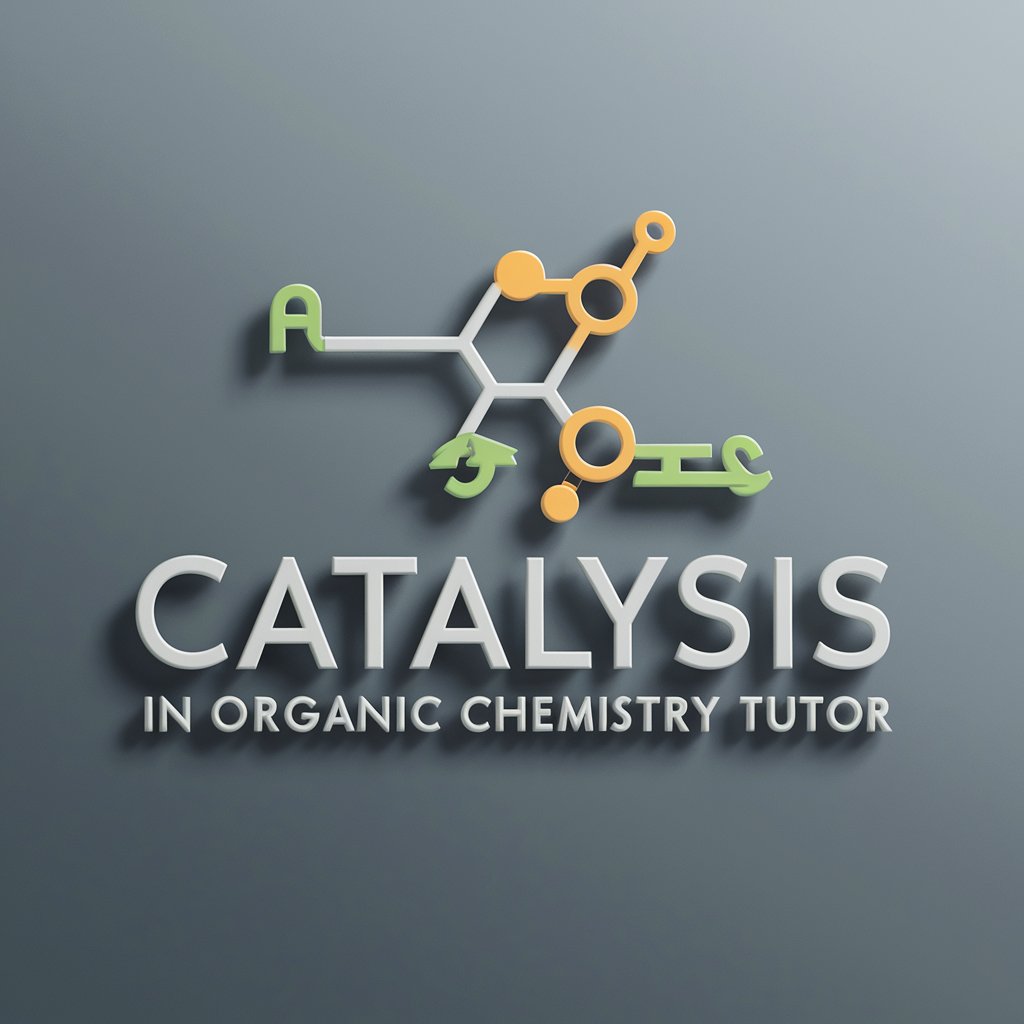
Welcome to Catalysis in Organic Chemistry Tutor!
Empowering Organic Chemistry with AI-driven Catalysis Insights
Explain the mechanism of palladium-catalyzed cross-coupling reactions.
How does the use of chiral catalysts influence enantioselectivity in organic synthesis?
What are the key differences between homogeneous and heterogeneous catalysis?
Describe the role of transition metal catalysts in organometallic reactions.
Get Embed Code
Overview of Catalysis in Organic Chemistry Tutor
The Catalysis in Organic Chemistry Tutor is designed as a specialized guide and teaching resource for graduate-level students and researchers focused on catalysis in organic chemistry. Its core purpose is to elucidate the complex principles, mechanisms, and applications of catalysis within the realm of organic synthesis. This platform provides in-depth explanations, spanning fundamental concepts such as the types and characteristics of catalysts to advanced applications, including asymmetric catalysis and organocatalysis. For example, it can dissect the mechanism behind the Palladium-catalyzed cross-coupling reactions, providing step-by-step illustrations and discussing the role of ligands, reaction conditions, and the catalyst lifecycle. Powered by ChatGPT-4o。

Key Functions of Catalysis in Organic Chemistry Tutor
In-depth Mechanistic Insights
Example
Explaining the mechanism of the Heck reaction, including the palladium catalytic cycle, the steps involved in oxidative addition, transmetalation, and reductive elimination.
Scenario
A graduate student is researching palladium-catalyzed reactions for their thesis and needs a clear, detailed explanation of the Heck reaction mechanism to design their experiments.
Real-world Application Guidance
Example
Advising on the use of biocatalysis in pharmaceutical synthesis, highlighting enzymes used in key steps of drug synthesis, optimization strategies for reaction conditions, and scalability.
Scenario
A research chemist in the pharmaceutical industry is exploring enzyme-catalyzed reactions to synthesize a novel drug molecule and seeks detailed guidance on enzyme selection and process optimization.
Catalysis-based Problem Solving
Example
Assisting in troubleshooting catalytic reactions, such as identifying reasons for low yield or selectivity in asymmetric hydrogenation and suggesting modifications.
Scenario
An organic chemist faces challenges with the selectivity of an asymmetric hydrogenation reaction and needs expert advice to identify and correct the issue.
Target User Groups for Catalysis in Organic Chemistry Tutor
Graduate Students
Graduate students specializing in organic chemistry or chemical engineering who require a deep understanding of catalysis principles, mechanisms, and applications for their research projects, thesis, or coursework.
Academic Researchers
Researchers and faculty members in academia working on the cutting edge of catalysis research who need up-to-date information, advanced insights, and troubleshooting tips for their experimental designs or publications.
Industry Chemists
Professionals in the pharmaceutical, petrochemical, and materials science industries who apply catalysis in the synthesis of complex molecules, material processing, or environmental management, seeking practical solutions and optimizations for industrial processes.

How to Use Catalysis in Organic Chemistry Tutor
1
Visit yeschat.ai for a free trial without the need for login or ChatGPT Plus.
2
Choose 'Organic Chemistry' as your subject area to access the Catalysis in Organic Chemistry Tutor.
3
Input your question or topic related to organic chemistry catalysis to receive specialized guidance and explanations.
4
Utilize the interactive features to explore different catalytic mechanisms, reaction types, and catalysts in depth.
5
For continuous learning, regularly engage with the tool to explore new research, solve problems, and deepen your understanding of catalysis in organic chemistry.
Try other advanced and practical GPTs
Gestor de Compras
Optimizing Procurement with AI

Cardápio e Compras da Semana
AI-powered healthy meal planning made easy
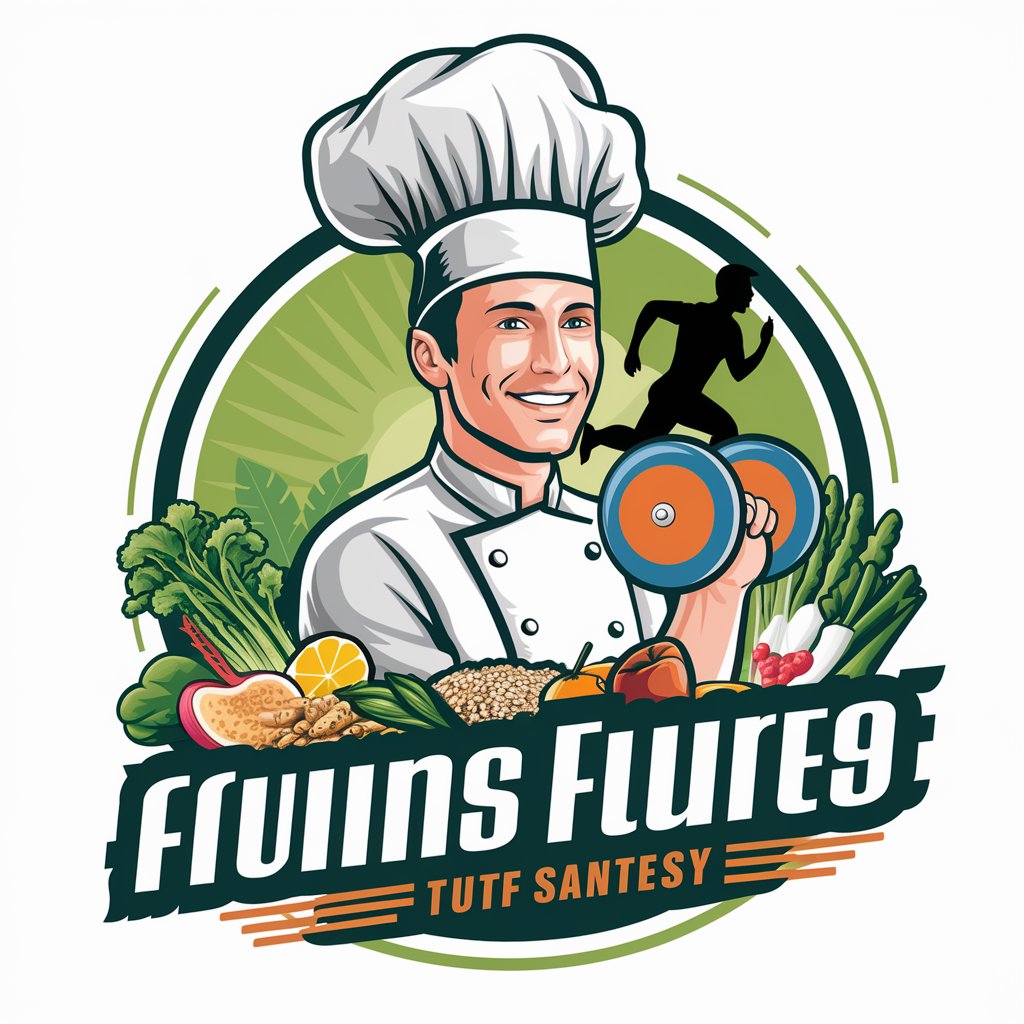
Compras - Assistência na escolha do melhor produto
Smart AI for Smarter Shopping

PGT LOGISTICS (COMPRAS POR INTERNET)
Streamline your online shopping with AI-powered logistics.

Assistente Pet: compras para Cães e Gatos
Your AI-powered guide to pet happiness.

Assistente Frutera
AI-powered grocery shopping at your fingertips.
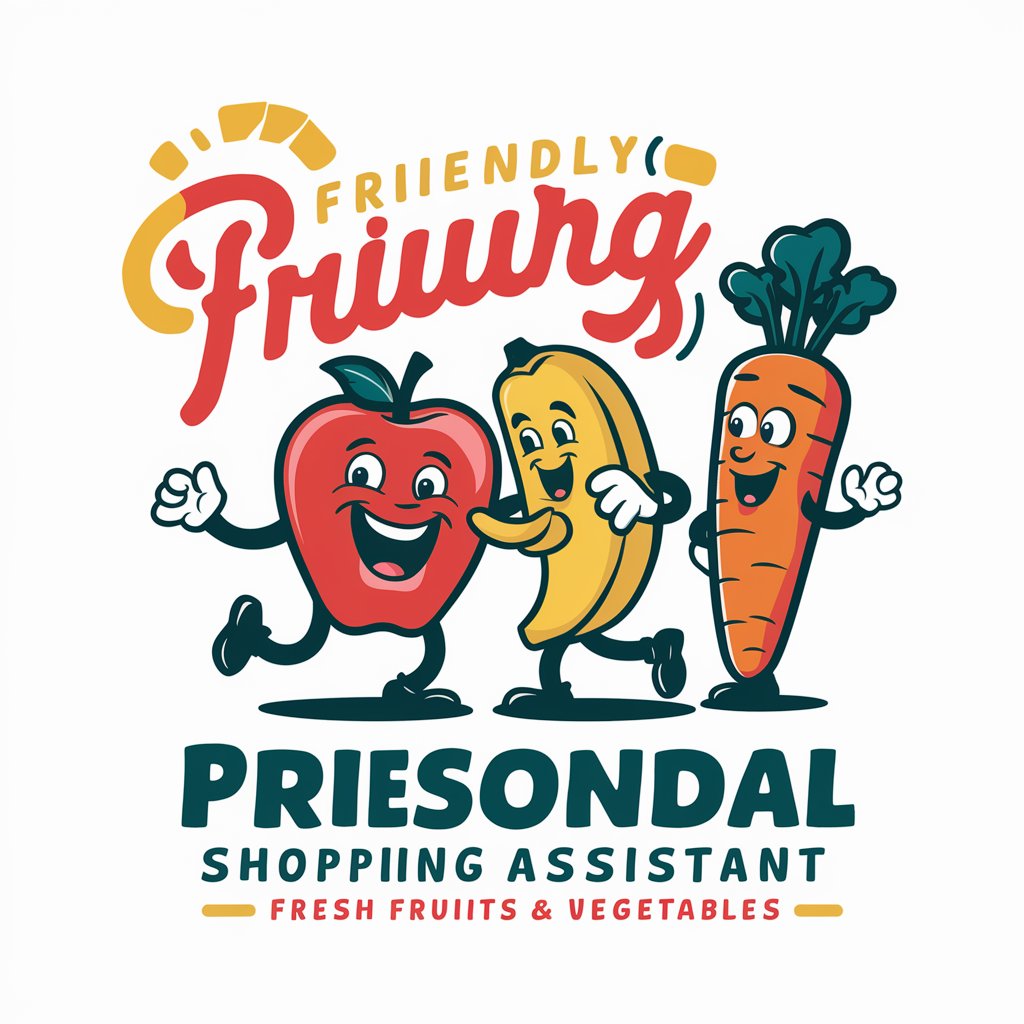
Quantum Catalyst
Empowering enzyme research with AI
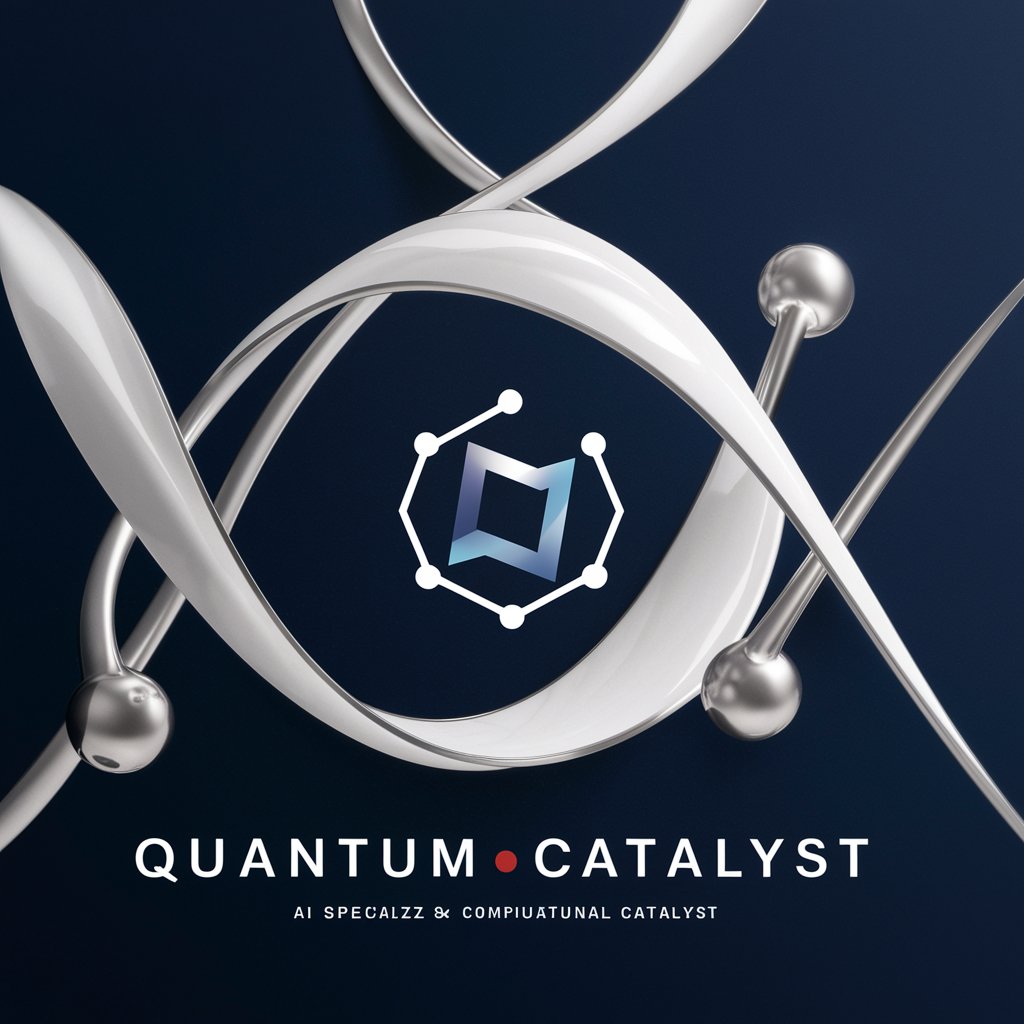
Heterogeneous Catalysts Tutor
Powering Catalysis with AI Insight
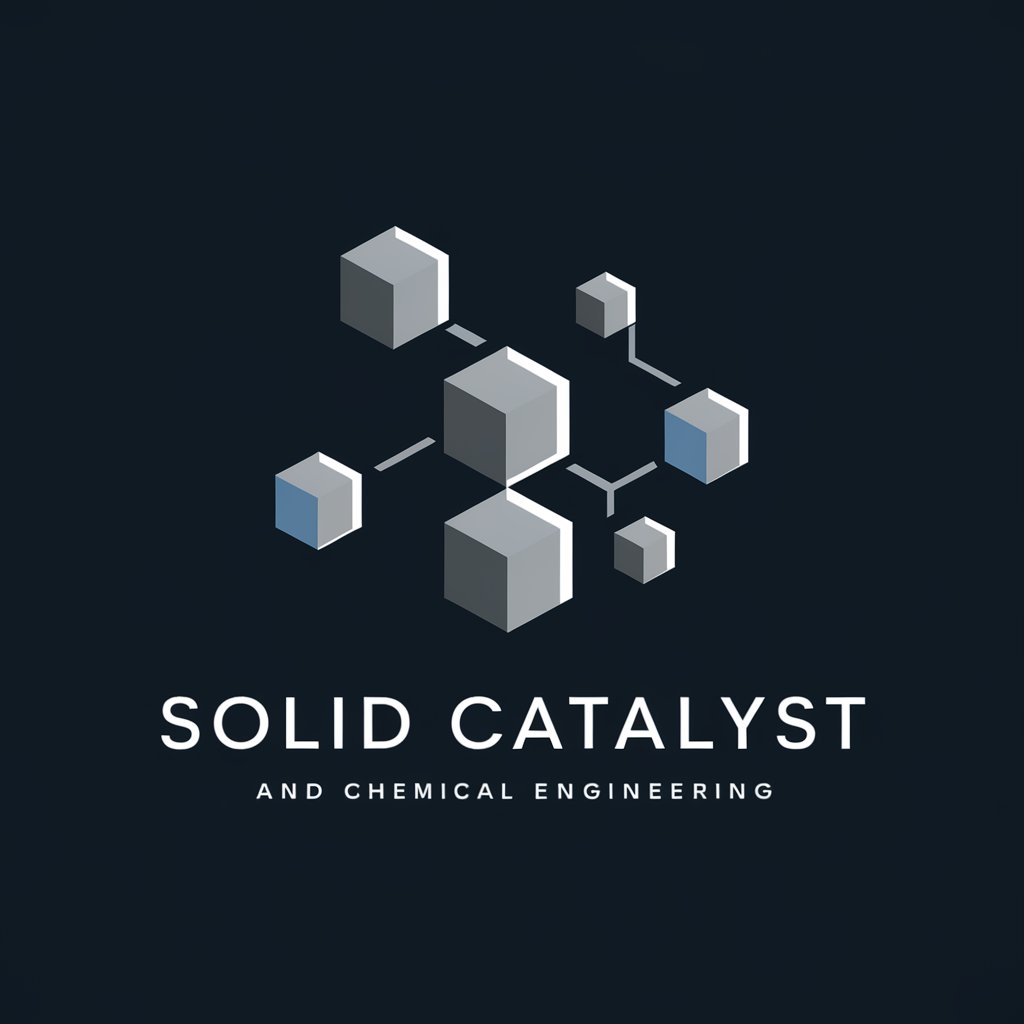
Silver Catalysts for CO2 Electroreduction
Harnessing AI to Empower CO2 Reduction

Application Ace from C.C
Empowering Your Job Hunt with AI
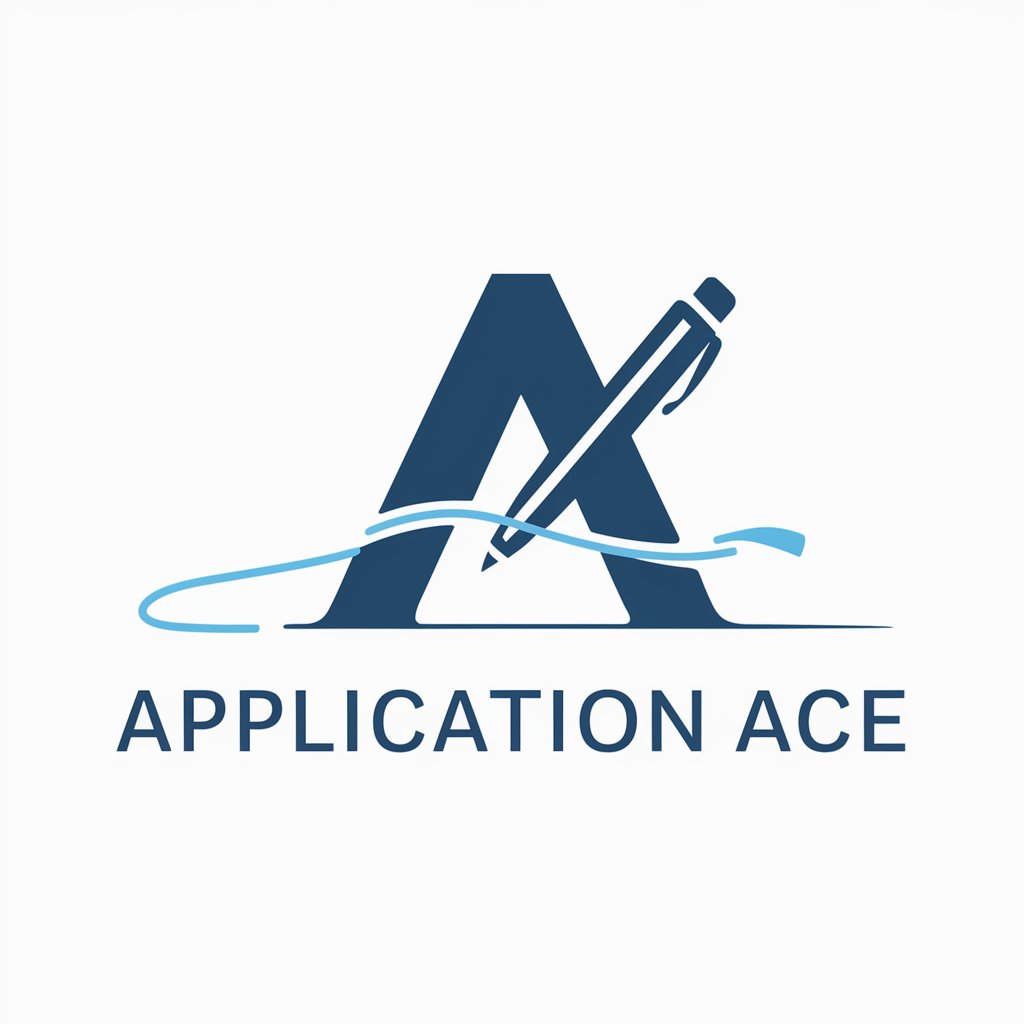
Catalyst Igniter
Igniting Creativity, Driving Change
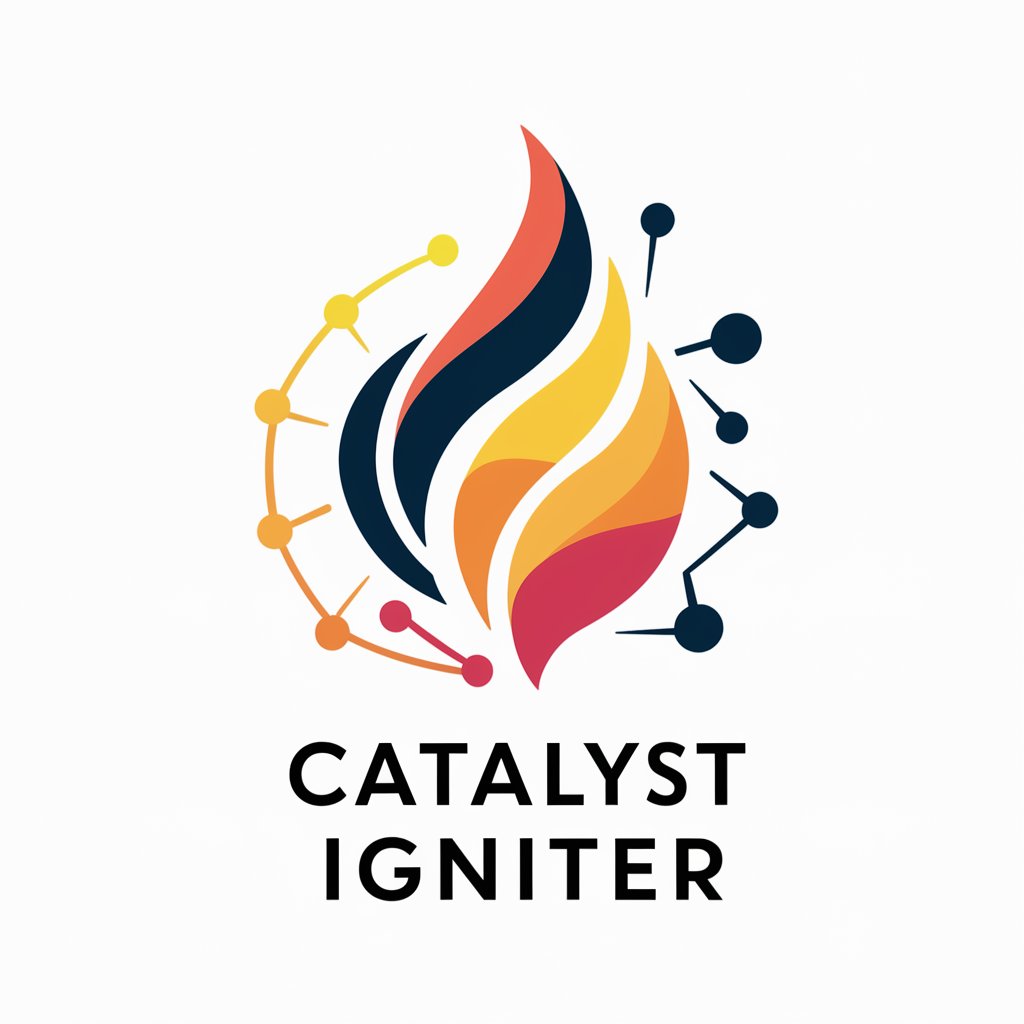
Lingo Raider
Translate WoW Terms into Russian Seamlessly

Questions about Catalysis in Organic Chemistry Tutor
What types of catalysis can the Tutor explain?
The Tutor can explain various types of catalysis in organic chemistry, including heterogeneous and homogeneous catalysis, enzyme catalysis, and transition metal catalysis, detailing mechanisms, kinetics, and applications.
How does the Tutor handle complex catalytic mechanisms?
It breaks down complex mechanisms into manageable steps, providing detailed explanations of each stage, with visual aids like reaction diagrams and molecular structures to enhance understanding.
Can the Tutor assist with research projects?
Yes, it can help in designing experiments, suggesting potential catalysts for specific reactions, analyzing results, and offering insights into optimizing reaction conditions.
Does the Tutor stay updated with the latest advancements in catalysis?
Yes, it integrates current research and developments in the field to ensure the information is up-to-date and relevant.
How can the Tutor aid in preparing for exams?
It offers comprehensive reviews on key topics, practice questions, and explanations of complex concepts to bolster understanding and exam readiness.
